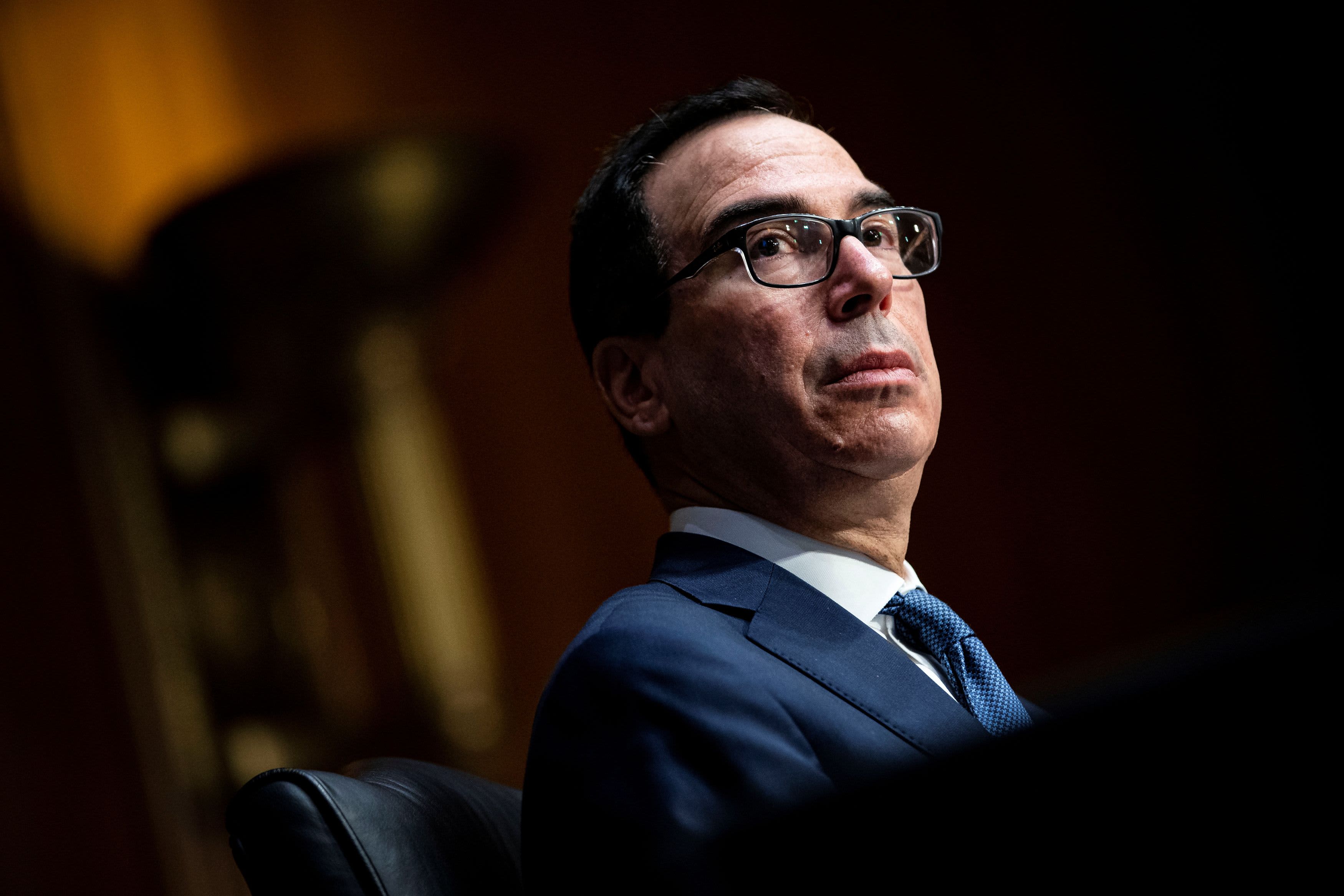What to Know
- COVID-19 vaccinations are expected to become available to all Americans by the middle of 2021, which could once again change the way business is conducted.
- Employees have certain rights, including religious and medical exemptions, against taking the vaccine that could butt up against demands of employers.
- Here is a look at the potential legal issues around the coronavirus vaccine and business and economic interests in 2021.
The coronavirus vaccination effort in the United States is moving to "Phase 1b" as soon as this week, and the Moderna vaccine became the second approved inoculation on Friday.
That means first responders and older Americans will beginning receiving the vaccine next after the frontline health workers and seniors living in long term care facilities receive their first doses. The momentum has many people wondering when the dose will become available.
It also has companies large and small starting to wonder how to approach employees about getting inoculated once the vaccine is available to all Americans next year.
Get Philly local news, weather forecasts, sports and entertainment stories to your inbox. Sign up for NBC Philadelphia newsletters.
"They probably need to be thinking about what they’re going to do," Philadelphia-based labor and employment attorney Michael Jones said in an interview. "That’s something they’ve never really thought about before."
The federal government has not implemented a national mandate requiring citizens to take the vaccine, and there has yet to be any suggestion that such a rule would be made any time soon.
CLICK HERE for a guide to what we know so far about the vaccine's effectiveness, side effects, and other potential vaccines in addition to Pfizer's.
Companies, therefore, have to weigh how to approach employees about taking the vaccine, and there are several legal considerations, according to Jones, a partner at the law firm Eckert and Seamans' Philadelphia office. Here are some workers' rights and legal standards already in place that could be applied to vaccination rules in the coming months.
Religious Exemptions and the Vaccine
There are laws and legal precedents protecting Americans' rights to abstain from taking a vaccine if it violates their religious beliefs, and such an exemption does not require a pastor's or rabbi's approval, Jones said.
In fact, a person could object based on a "sincerely held religious belief," a legal term, Jones said.
Medical exemptions could also be cited by a person who won't take the vaccine.
"You're going to find a lot of people asserting a medical or religious exemption, " Jones said. "Fear of the vaccine makes them anxious or aggravating some sort of anxiety. You’re going to see a lot of things like that."
Company's Rights to Demand Employee Vaccinations
Companies will likely make every effort to avoid a mandate requiring all employees be vaccinated, or forcing an employee back into the office if they cite a religious or medical exemption.
That's because any litigation that might follow could come down to a civil trial jury weighing the company's interests versus an employee's rights and concerns, Jones said, which is more often than not something a company wants to avoid.
An employer is likely to try all avenues available -- like allowing an employee to continue working from home or moving the employee to another position that doesn't include in-person duties -- before considering a furlough or layoff, Jones said.
"For someone who just objects but doesn’t have a religious or medical objection to it, they don’t have quite the same rights and the employer doesn’t have to accommodate that," Jones said.
At-will employees, who make up a large majority of the American workforce, can be let go from their companies with very little recourse.
"Most of the country is at will," Jones said. "There is no statutory protection for someone who doesn’t want to take a vaccine."
At-will employees are those workers who don't have a union contract or personal service agreement that protects against a furlough or firing based on certain conditions.
Workers' Compensation Considerations
Companies have likely considered their liability through federal and local workers' rights protections since the start of the pandemic, weighing the importance of having employees in the office versus making accommodations to allow working from home.
That consideration isn't going away anytime soon, and many companies may conclude that working from home will be the way to go for months or years to come.

"There is a still a risk that workers' compensation laws aren’t a full protection about COVID exposure in the workplace," Jones said.
That liability was one of the biggest sticking points holding up the recent stimulus package negotiations in Congress. Republicans sought to insert protections for companies into the relief legislation, but Democrats weren't interested.
It was left on the table until next year when lawmakers agreed on Sunday to a $900 relief package.
"Stay tuned, because it’s really not for several months, probably, before the issue is going to come fully to a head," Jones said.



